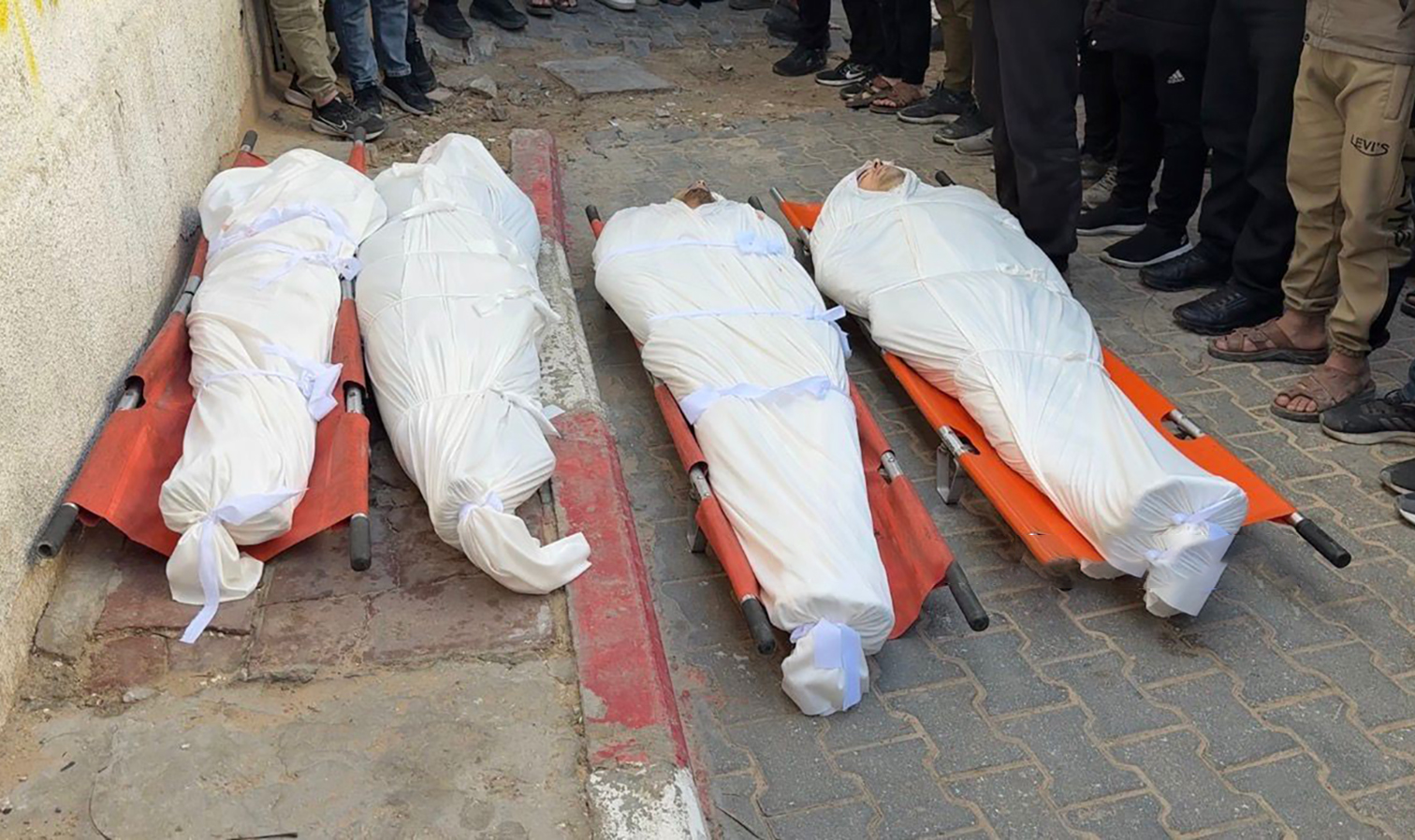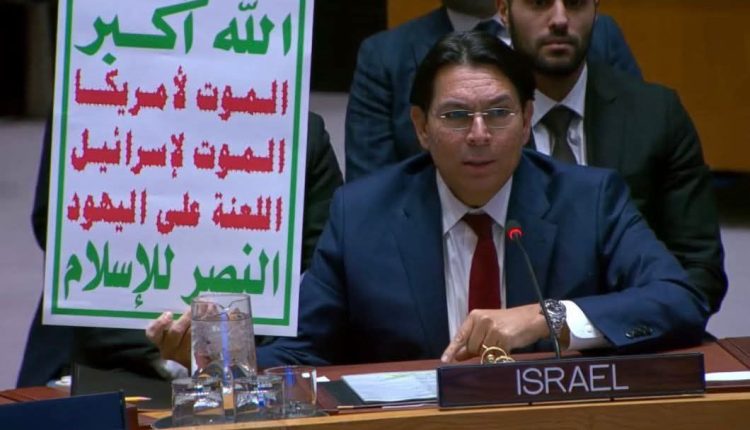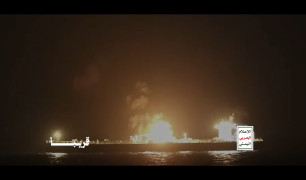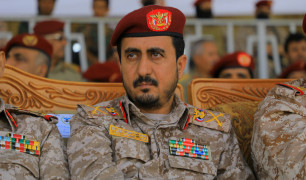مصادر فلسطينية: شهيد برصاص العدو في منطقة الزرقاء شرق مدينة غزة، ليرتفع عدد الشهداء منذ صباح اليوم إلى 3 شهداء
رويترز: استقالة وزير شؤون مجلس الوزراء البريطاني كريس وورمالد وسط تداعيات قضية المجرم "إبستين"
مصادر فلسطينية: شهيد بنيران قوات العدو شرقي مدينة غزة
مصادر لبنانية: مدفعية العدو الإسرائيلي تستهدف بعدد من القذائف أطراف بلدة مارون الراس جنوب لبنان
مصادر فلسطينية: جريح برصاص العدو في جباليا شمال قطاع غزة
الناطق باسم القائد العام للجيش العراقي: دعونا مرارا الحكومات الأجنبية لسحب رعاياها الإرهابيين لكن الاستجابة ضعيفة
الناطق باسم القائد العام للجيش العراقي: القرار جاء لمنع تسرب الإرهابيين من السجون السورية ولضمان عدم تحولهم إلى قنبلة موقوتة تهدد الأمن
الناطق باسم القائد العام للجيش العراقي: نقلنا 4500 عنصر من عناصر "داعش" الإرهابية من السجون السورية إلى سجوننا حتى الآن
وكالة تسنيم: جهاز استخبارات قيادة شرطة محافظة البرز تمكن من اعتقال عناصر إرهابية وضبط ومصادرة كمية كبيرة من الأسلحة النارية
مصادر فلسطينية: جريحان بنيران قوات العدو في مواصي خان يونس جنوبي قطاع غزة








































































